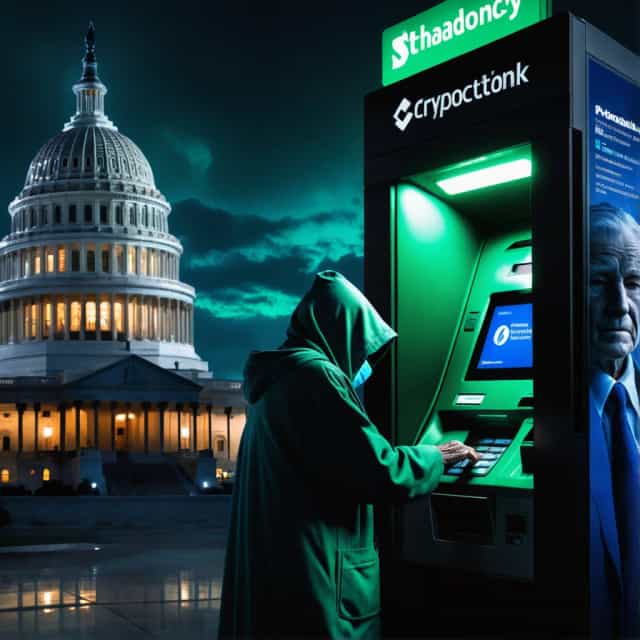
Image source: Block Media
Dunamu and Naver Financial in Talks: What’s Behind the Potential Comprehensive Stock Swap?
Dunamu, the operator of the prominent cryptocurrency exchange Upbit, and Naver Financial, best known for its digital payment solution Naver Pay, are reportedly involved in discussions regarding a comprehensive stock swap. The news, initially disclosed by South Korean outlets Donga Ilbo and KBS on October 25, has triggered widespread speculation within financial and tech markets.
Following the reports, Naver’s share price jumped by over 7%, reflecting a surge of investor optimism. Despite the market enthusiasm, Dunamu’s status as a privately held company leaves much of its valuation metrics opaque. For now, both companies have refrained from confirming the finer details, choosing to await further verification before issuing detailed official statements.
What Is a Comprehensive Stock Swap?
A comprehensive stock swap allows one company to gain full ownership of another by acquiring 100% of its shares. Under this deal framework, Dunamu shareholders would transfer their entire equity holdings to Naver Financial. In turn, Naver Financial would issue newly created shares as compensation to Dunamu’s stakeholders.
The shareholding structure of Dunamu is vital to understanding the potential transaction. Key stakeholders include Song Chi-hyung, Chairman and Executive Board Director, who holds approximately 25.5% of the company. Other significant shareholders are Vice Chairman Kim Hyung-nyun (13.1%), Kakao Investment (10.6%), Woori Technology Investment (7.2%), and Hanwha Investment & Securities (5.9%).
Strategic Implications of the Deal
If finalized, this landmark transaction would result in Dunamu becoming a wholly owned subsidiary of Naver Financial, setting the stage for unparalleled integration between blockchain services and digital finance platforms. However, concerns persist surrounding the share exchange ratio, which is reportedly still being negotiated in its final stages.
Naver Financial has expanded far beyond Naver Pay, evolving its business model into a holistic financial platform offering peer-to-peer (P2P) payments, lending services, insurance products, securities trading, and real estate investments. As a subsidiary of Naver Corporation, Naver Financial is a critical pillar in the parent company’s diversification efforts, with Naver holding an 89% stake.
Curiously, analysts have highlighted a striking valuation asymmetry between the two entities: Dunamu’s corporate value is reportedly more than three times that of Naver Financial. This disparity raises pressing questions about shareholder approval on both sides, with some likening the arrangement to a larger entity being absorbed by a smaller one.
Exploring Post-Merger Ownership Dynamics
A successful merger would create a realigned ownership hierarchy involving Dunamu’s existing stakeholders. Chairman Song Chi-hyung would remain the largest shareholder, Naver would rise to the position of the second-largest stakeholder, and Vice Chairman Kim Hyung-nyun would hold the third-most significant share.
Such an ownership restructuring signals significant developments in South Korea’s fintech and blockchain industries. The potential merger underscores a broader strategic movement aimed at intertwining cryptocurrency platforms with mainstream digital finance offerings. This collaboration could mark a turning point in the competitive landscape of both sectors.
Broader Market Impact and Future Outlook
The proposed merger holds profound implications, not only for the companies involved but also for South Korea’s rapidly evolving financial ecosystem. By combining Naver Financial’s comprehensive service portfolio with Dunamu’s blockchain expertise and cryptocurrency exchange capabilities, the deal could serve as a blueprint for future cross-sector partnerships.
Financial markets are closely watching this unfolding story, anticipating the potential ripple effects across the global fintech and blockchain sectors. If successfully executed, the transaction could redefine how traditional and decentralized financial ecosystems interact, offering new opportunities for investors and consumers alike. For now, we await further developments and an official confirmation from both parties regarding the proposed agreement.










